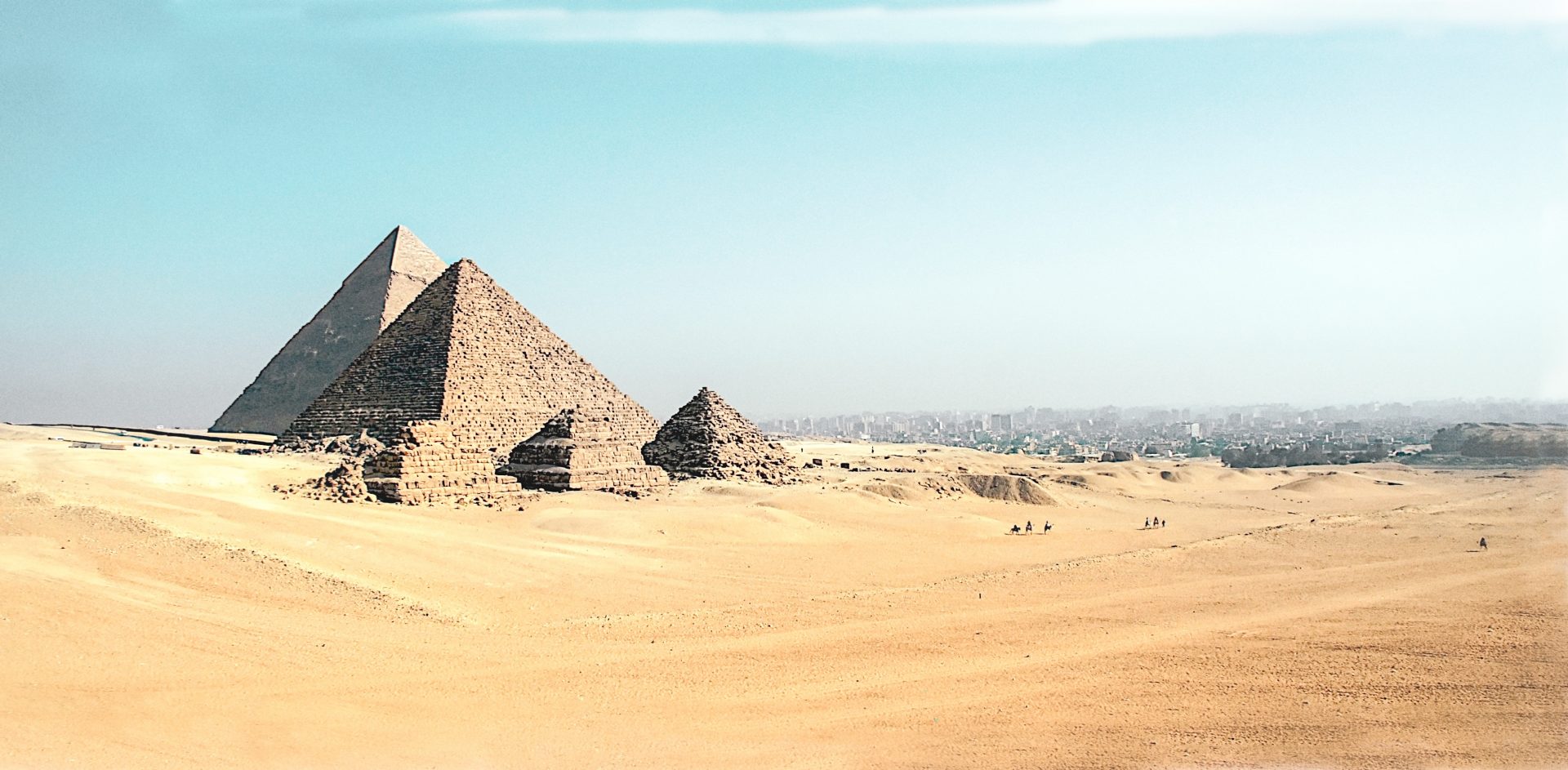by Lara Esqueda Nava
Most of the people I know have a job. They are either self-employed or work for some sort of an organisation. They usually work together with other people, and they separate work from the rest of their lives. In fact, they get up every morning, travel to their workplace, put in a certain numbers of hours on the job and get home to then start all over again the following day. Except on weekends. This is what we call work-life-balance. Speaking for myself, I am in no way different from the people I just described. When I look back at my own so-called working career, I have been employed since I was 15 years old. From delivering newspapers, working as a cashier, serving tables in a Chinese takeaway, babysitting to being an employee of a big company. Now, besides my studies, I am still working part-time. For me, as a modern-day worker, it is hard to realise how the nature of work changed and what role management played and is still playing in our society. After having read about the beginning of management in the first chapter of “The History of Management Thought” by Claude St. George, Jr., I was able to grasp the concepts behind it a little better.
In earlier times, people used to be hunters or collectors, later farmers or independent craftsmen. However, over the past decades almost all nations have evolved into societies, in which most workers are employed by organisations. How exactly did this change happen? Obtaining complex goals that profit a large number of people, usually demands for a number of people to work together. People have banded together to profit from one another. Management was the tool to make these “unions”, ranging from a small team of two people to societies and nations, work. When we look back in history at how the Egyptians have built the pyramids, we encounter one of the milestones in history and in the beginning of management thought. Even though the technology used by the Egyptians to build the pyramids couldn’t be called advanced from today’s perspective. Their abilities to manage, though, sure could. It took 100,000 men over a twenty-year period for the construction. Let us just imagine, how much planning, organising, commanding, coordinating and controlling this required. It is undeniable that the Egyptians were one of the first empires to apply managerial concepts and techniques. In their business and governmental affairs, their scribes documented everything from what was received, from whom, when it came in, to the details of how it was used. Considering the use of written records and paper work in governing as a mark of an advanced civilisation, adds further to the Ancient Egyptians’ high status. Later history saw the rise of the Greek, Phoenician and Minoan cultures. They developed their own skills in management thought regardless of what was achieved before. Greece for example, was a democratic state with all the management such a government demands. The Greeks recognised the importance of factors like the specificity in work assignment, the clarity of instructions and the value in good personnel and human relations. Plato and Socrates were the firsts to verbalise and write down these principles of management, but it wasn’t until the beginning of the 20th century that management became a recognised position and since then has risen to a central activity of our age and economy.
The growth in the number of people working in organisations was accompanied by a growth in interest in management. With the large numbers of employees and complex organisations, nowadays, there is a real need for knowledge about the best way to manage them. While looking back at the successes and mistakes of our ancestors, we can conclude that management has always been the key to accomplish a goal the most efficient way – be it for building pyramids or building democratic institutions. This is why, as described by Claude St. George Jr., “management is at one and the same time the determiner of our economic progress, the employer of our educated, the amasser of our resources, the guide for our effective government, the strength of our national defence, and the moulder of our society. It is the central core of our national as well as personal activities, and the way we manage ourselves and our institutions reflects with alarming clarity what we and our society will become.” This, ultimately, is up to our individual and collective efforts.


Great reflection! So now what questions are next? Perhaps what principles and ideas drive management in different organizations and societies?
Thank you and yes!